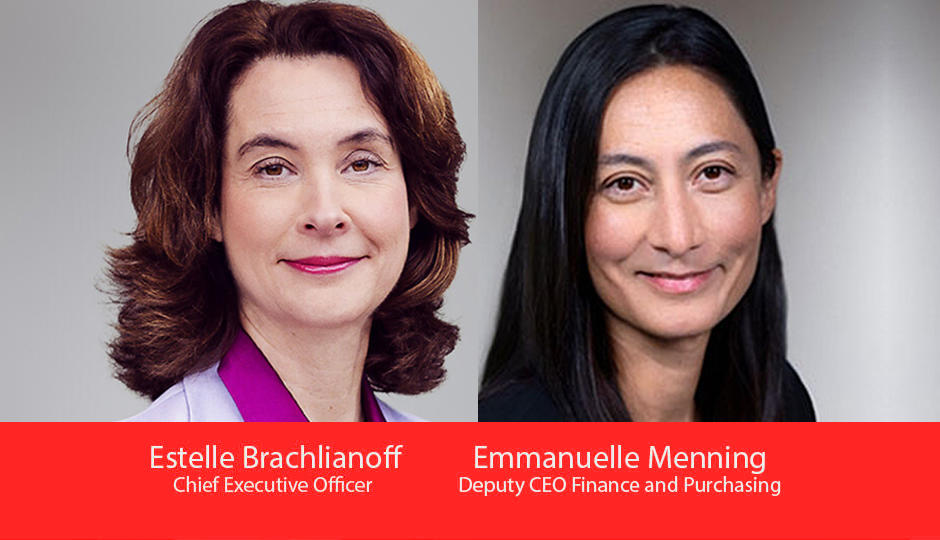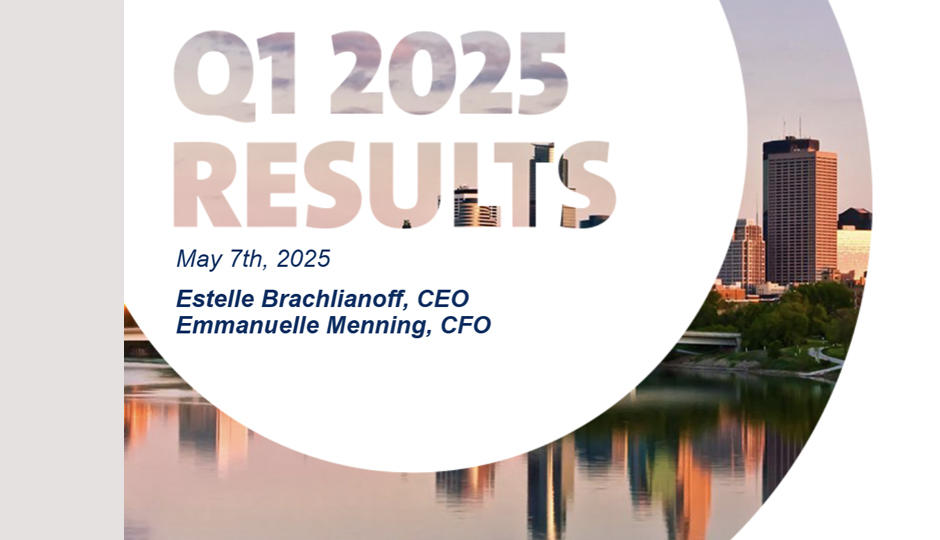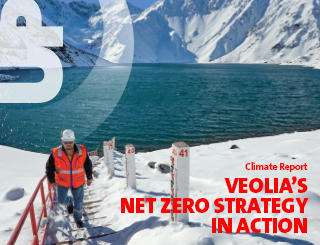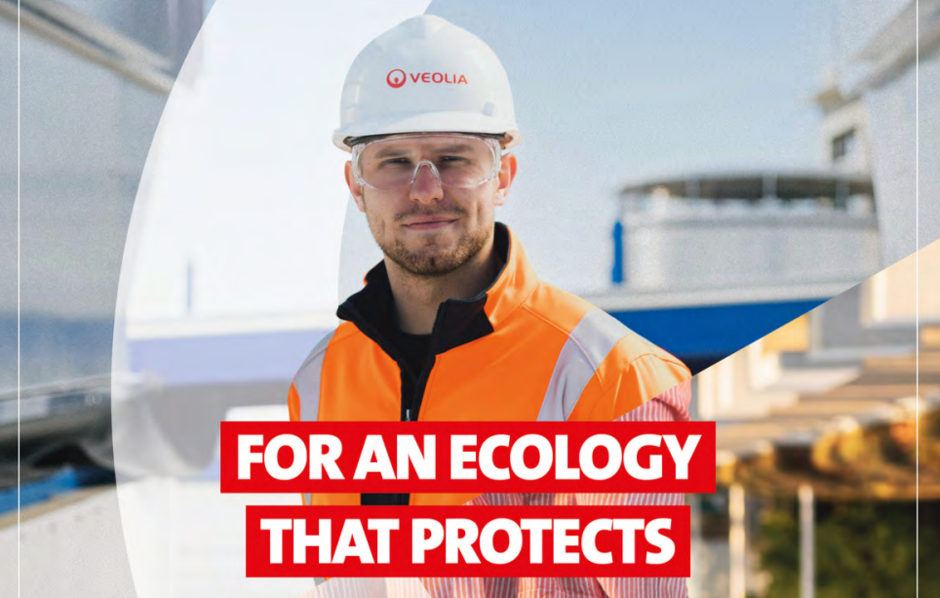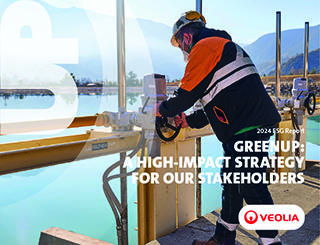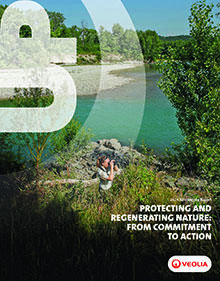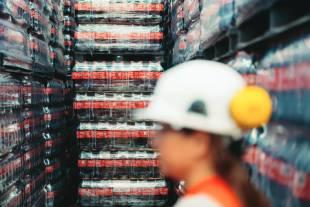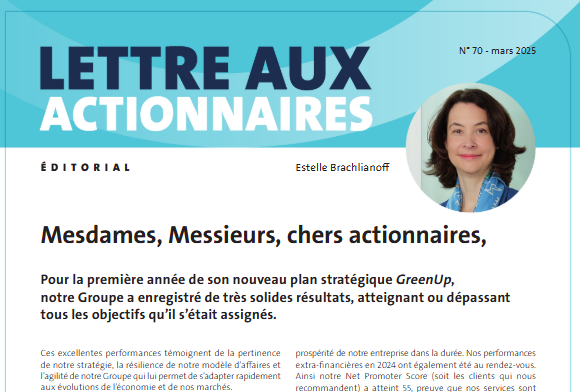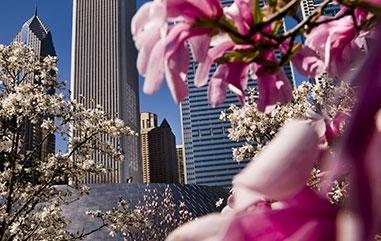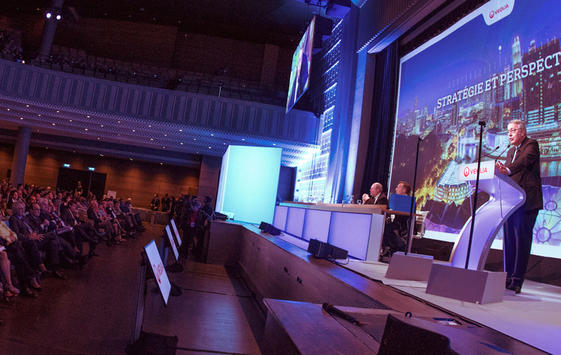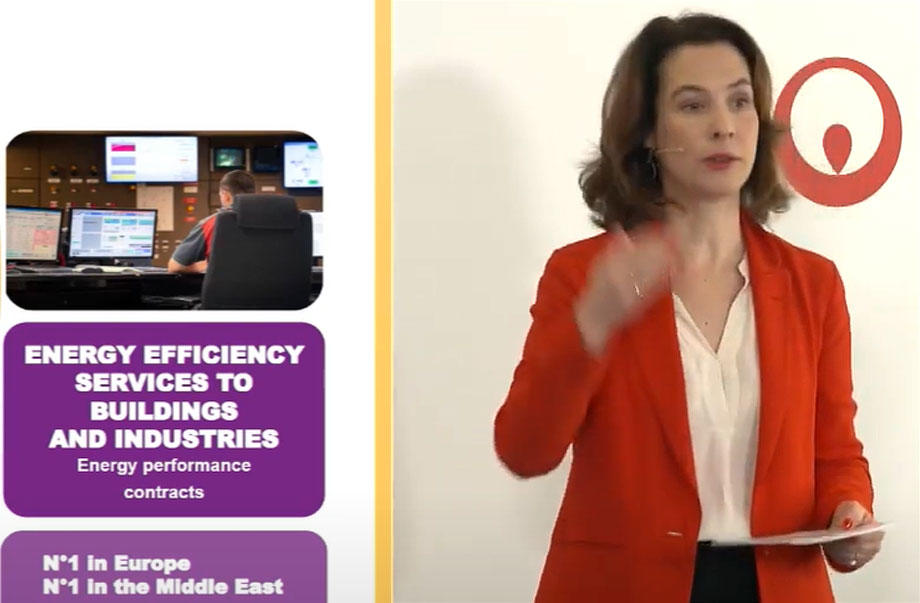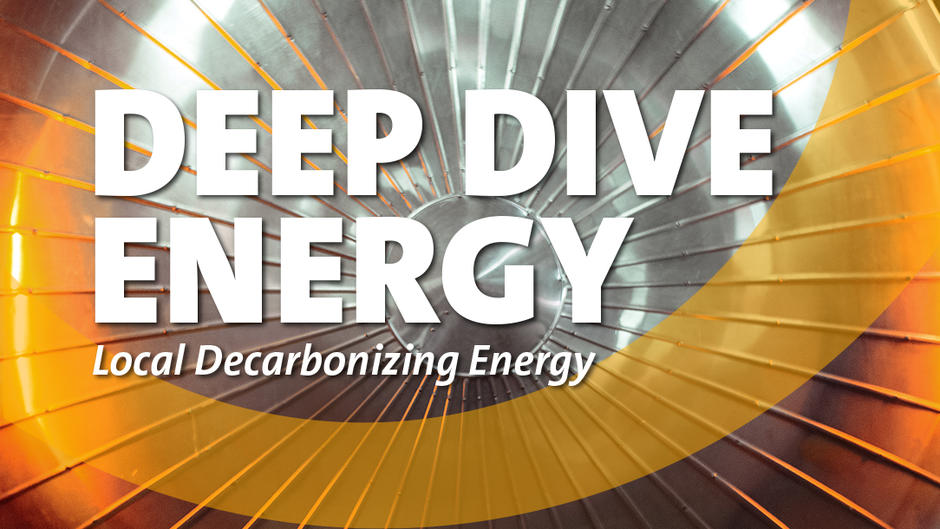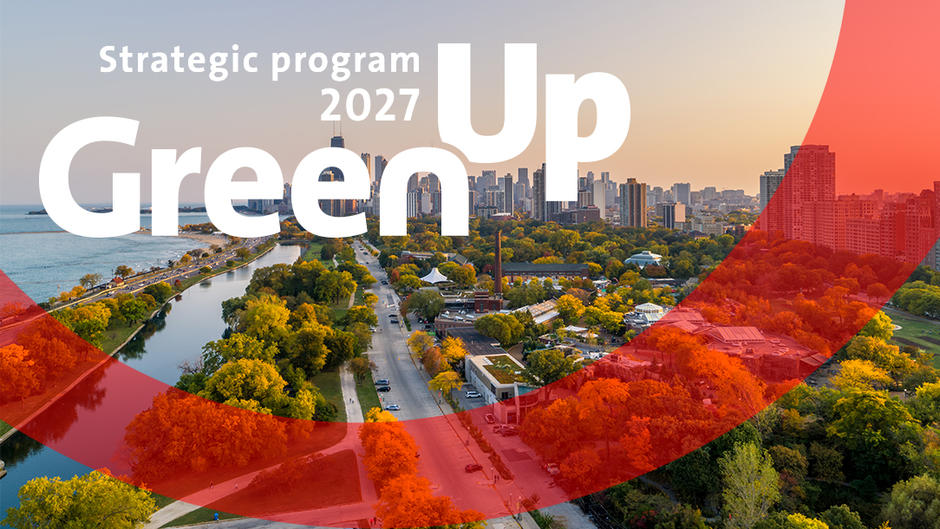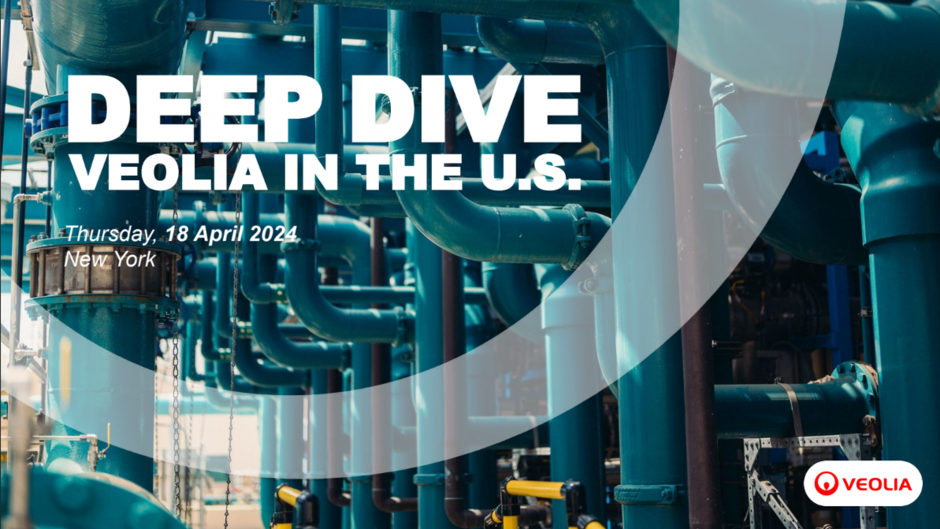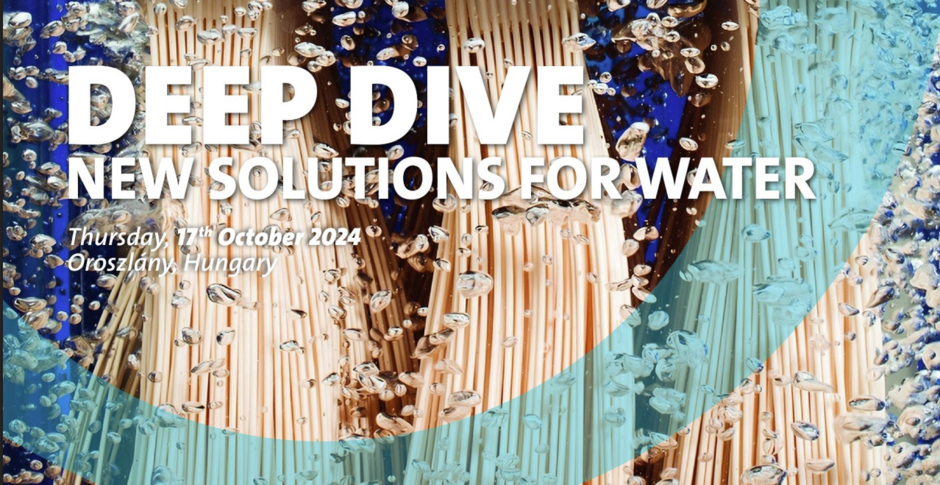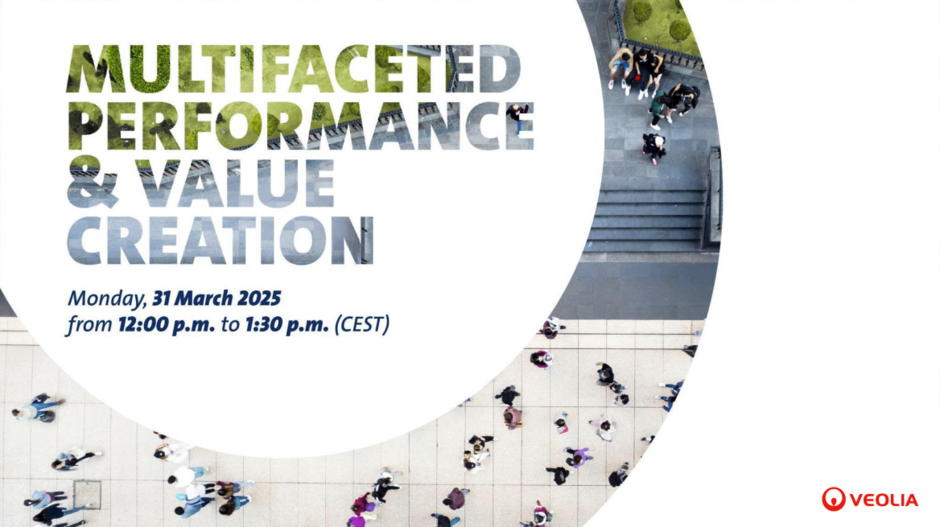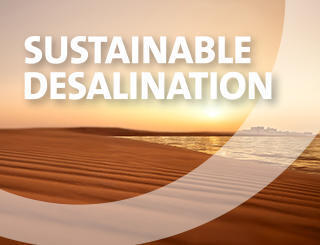Events
Next events
July 31th, 2025: Half-year financial report
Thursday, November 6th, 2025: Q3 Financial Information
Thursday, February 26th, 2026: Annual results
Thursday, April 23th, 2026: Shareholders' meeting
Financial publications
Financial and extra-financial publications
Climate report
Acccess Veolia's climate report for 2024: decarbonizing, conserving and regenerating resources, and reducing pollution
ESG Report
Discover our 2023-2024 strategy and its outcomes concerning the company’s main challenges in environmental, social and governance terms
2024 biodiversity report
Protecting and regenerating nature: discover Veolia's concrete actions and solutions to preserve and restore biodiversity
Press releases and publications
Latest releases
2025 Shareholders' meeting - April 24th 2025
The 2025 General Meeting of Shareholders will be held on Thursday, April 24, 2025, at 3:00 PM at the Palais Brongniart in Paris.



